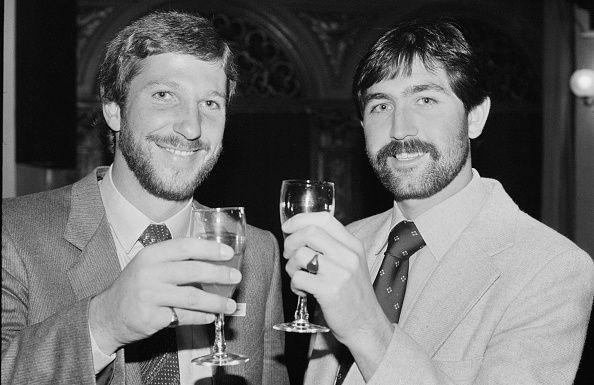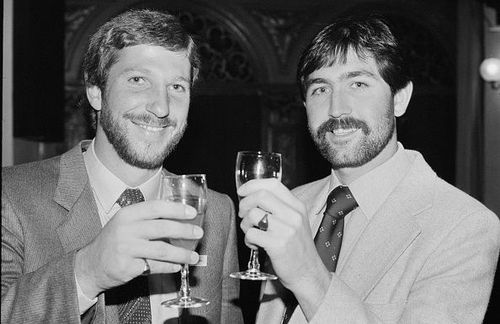
SK Flashback: A semi-final battle right down to the wire
In the previous World Cup, both these teams had lost in the semi-finals. This time one of them had the chance to make it to the final. The pundits forecasted a hotly-contested match, and so it was.

England’s fragile batting was exposed again as they made a laboured start. The captain Mike Brearley dug in, and along with Graham Gooch put on 58 runs for the third wicket. By the time Brearley was dismissed, 35 overs had been bowled with the score reading 96 for three. Gooch continued his good work and was eventually out for 71. The score at that stage was 177 after 50 overs. Derek Randall, batting unusually low at no. 7, then played a very valuable hand, and was instrumental in raising the English run-rate. The last three overs produced 25 runs, taking the total to 221 for eight. But this would require some defending.
The New Zealanders seemed a determined lot, but the progress was slow as the English bowlers were on target. John Wright and Bruce Edgar raised 47 for the first wicket. Glenn Turner played a determined innings in the middle, but none of the batsmen was able to boost the run-rate. After 35 overs the score of 96 was the same as England’s at that stage. But after 50 overs, New Zealand had fallen behind, having notched up only 154 runs. The asking-rate had climbed to nearly 7 runs per over.
Warren Lees, aided by Richard Hadlee and Lance Cairns, put up a brave fight. They were impeded by another fine display of seam bowling by Mike Hendrick. It was Limited-overs cricket at its best. At the end of 58, the score stood at 202 for eight with Lees still at the wicket. Twenty runs were required for victory off the last two overs, with two wickets in hand. overs
Hendrick came on to bowl the crucial 59th over. With the batsmen on the lookout for the slightest hint of a poor length or extravagant width, and intent on slogging the ball out of sight, Hendrick bowled remarkably straight. Six runs came off the first five deliveries, and off the sixth Hendrick struck a mortal blow by shattering Lees’ stumps.
At the beginning of the final over, 14 runs were required with the last pair in. The ball was in the hands of Ian Botham, perhaps not the best person to bowl in such a tight One-day situation. Botham was a great wicket-taker, not the least due to his flair, and tendency to experiment with the cherry. He could at the same time be quite wayward. The English must have been hoping that he would be on the spot on this occasion. To his credit, the big allrounder justified his skipper’s faith as he bowled with care.
The Kiwi tailenders were not able to get the ball away. They managed only four runs in that tense final over. England were home by 9 runs. There was as much relief as happiness all around. The hosts had advanced to the final.
England: 221 for 8 wickets (60 overs), New Zealand: 212 for 9 wickets (60 overs)(CWC 1979)